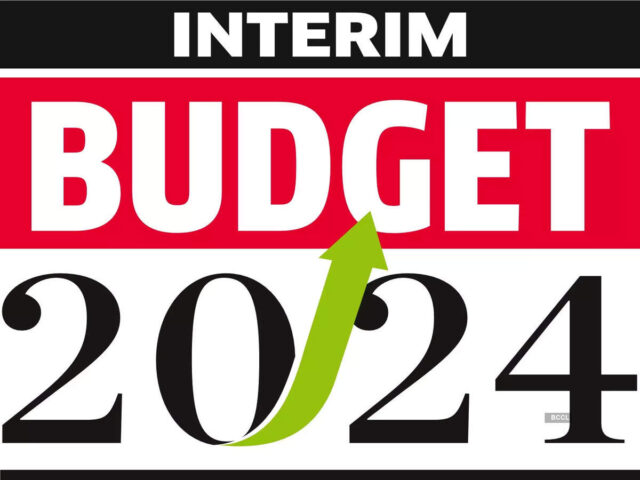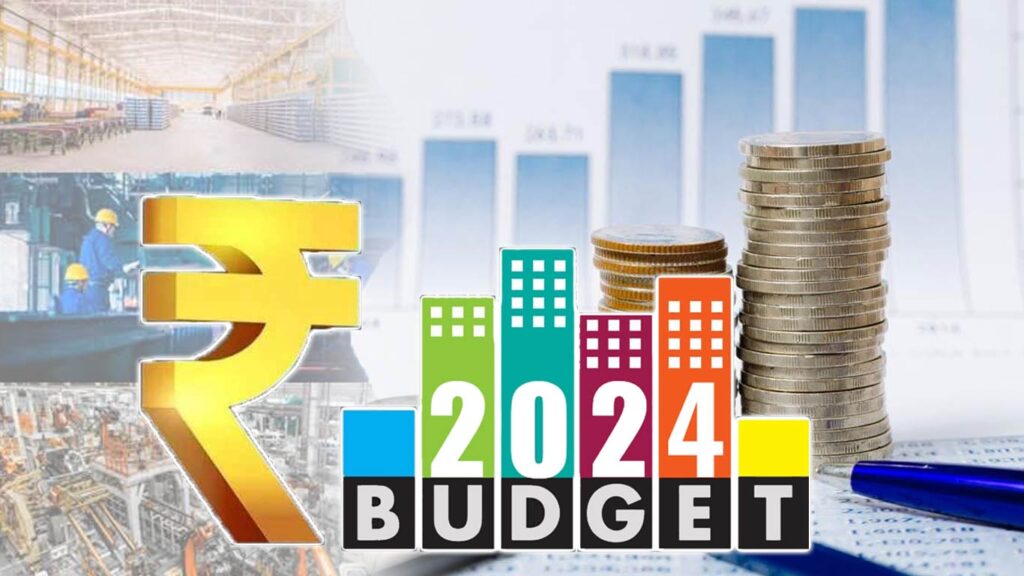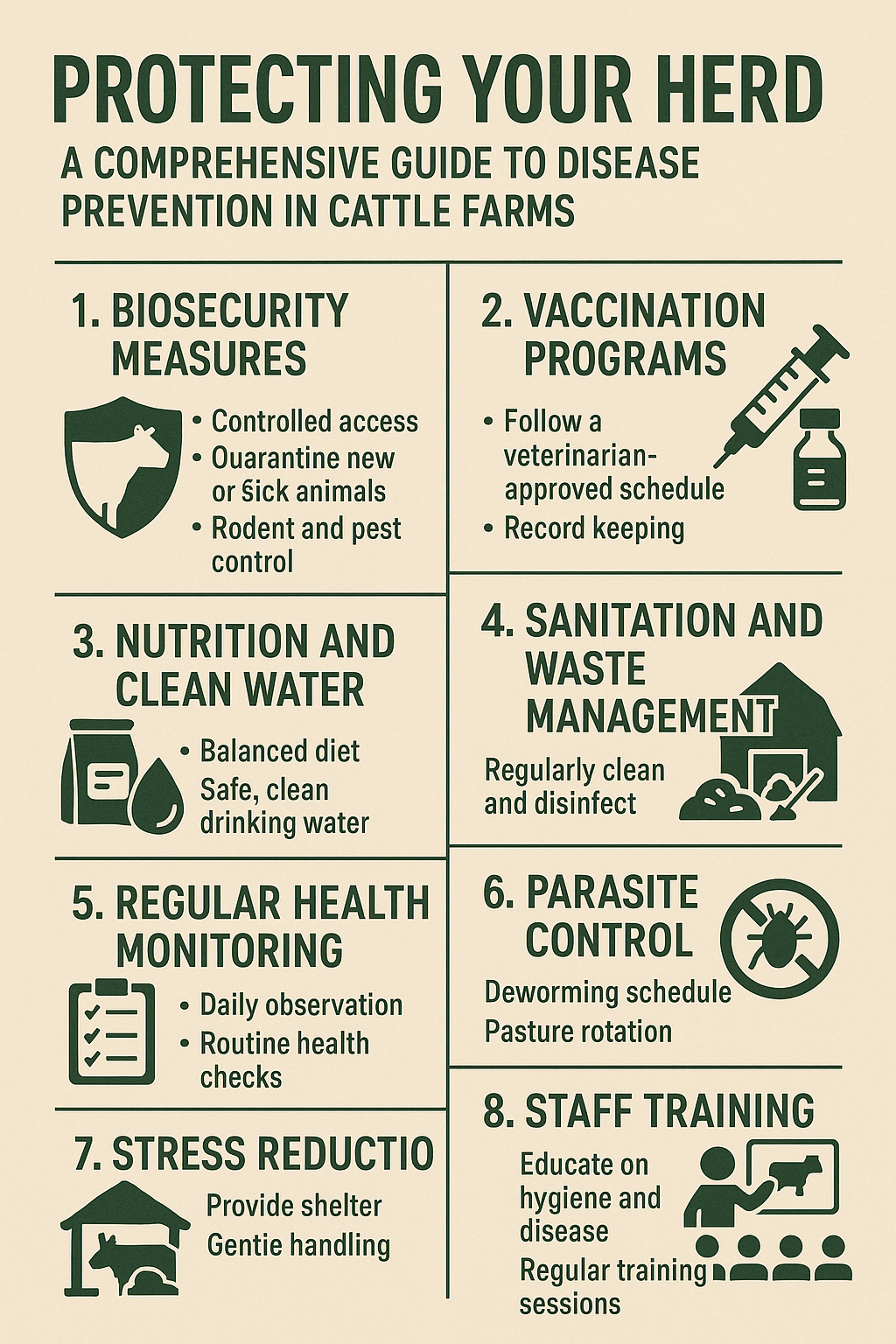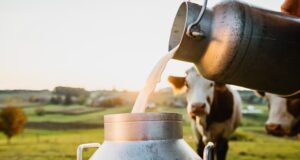
The dairy sector in India has long been a crucial component of the country’s agricultural landscape, contributing significantly to both rural livelihoods and the overall economy. With the interim budget for the fiscal year 2024 recently unveiled, there has been much anticipation regarding its implications for the dairy industry.
India is the world’s largest milk producer, with dairy farming deeply ingrained in its rural economy. The sector comprises millions of small-scale dairy farmers, cooperatives, and private players, collectively driving growth and employment generation.
However, despite its significant contributions, the dairy sector faces various challenges. These include low productivity due to inadequate infrastructure, limited access to quality feed and veterinary services, fragmented supply chains, and price volatility. Additionally, the sector is vulnerable to external factors such as climate change and fluctuations in input costs.
Key Provisions of the Interim Budget 2024 for the Dairy Sector
Investment in Infrastructure: The interim budget allocates substantial funds for the development of dairy infrastructure. This includes the establishment of modern dairy processing plants, cold storage facilities, and transportation networks. Investments in infrastructure are crucial for enhancing the efficiency of the dairy value chain, reducing post-harvest losses, and ensuring quality standards.
Technology Adoption: Recognizing the importance of technology in improving productivity and quality, the interim budget emphasizes the promotion of modern dairy farming practices. This involves initiatives such as the dissemination of information on best practices, training programs for dairy farmers, and the adoption of digital solutions for herd management and milk collection.
Quality Assurance: Quality assurance is paramount in the dairy industry to meet domestic and international standards. The interim budget includes provisions for strengthening quality control measures, including the enforcement of hygiene and safety standards at dairy processing units. This focus on quality assurance is essential for enhancing consumer confidence and facilitating market access.
Market Access and Export Promotion: In line with the government’s efforts to boost exports and enhance farmers’ income, the interim budget outlines measures to promote dairy exports. This includes the provision of export incentives, streamlining export procedures, and market development initiatives targeting key export destinations. Expanding market access for dairy products is crucial for reducing surplus stocks, stabilizing prices, and increasing farmers’ remuneration.
Support for Small-Scale Farmers: Small-scale dairy farmers constitute a significant portion of the dairy sector and often face challenges such as limited access to credit and technical know-how. The interim budget includes provisions for targeted support programs aimed at empowering small-scale dairy farmers. This may involve subsidies for inputs such as feed and fodder, access to credit facilities, and capacity-building initiatives.
Research and Development: Innovation plays a vital role in addressing the challenges faced by the dairy sector and unlocking its growth potential. The interim budget allocates funds for research and development in areas such as animal genetics, nutrition, and disease management. Investing in R&D can lead to the development of high-yielding breeds, innovative feed formulations, and disease-resistant livestock, thereby enhancing productivity and sustainability.
Environmental Sustainability: As concerns about environmental sustainability continue to grow, the interim budget emphasizes the promotion of sustainable practices in the dairy sector. This includes incentives for adopting eco-friendly technologies, promoting resource-efficient farming practices, and reducing greenhouse gas emissions from dairy operations. By prioritizing environmental sustainability, the government aims to ensure the long-term viability of the dairy sector while mitigating its impact on the environment.

In conclusion, the interim budget for the fiscal year 2024 presents a comprehensive set of measures aimed at addressing the challenges and opportunities facing the dairy sector in India. By focusing on infrastructure development, technology adoption, quality assurance, market access, support for small-scale farmers, research and development, and environmental sustainability, the government seeks to promote growth, enhance farmers’ income, and ensure the sector’s long-term sustainability. However, the successful implementation of these measures will require concerted efforts from all stakeholders, including the government, dairy industry players, farmers, and research institutions. With the right policies and interventions in place, the dairy sector can continue to thrive and fulfill its role as a vital engine of rural development and economic growth in India.

















